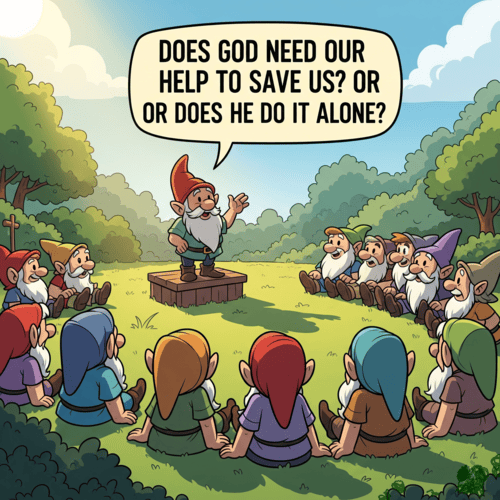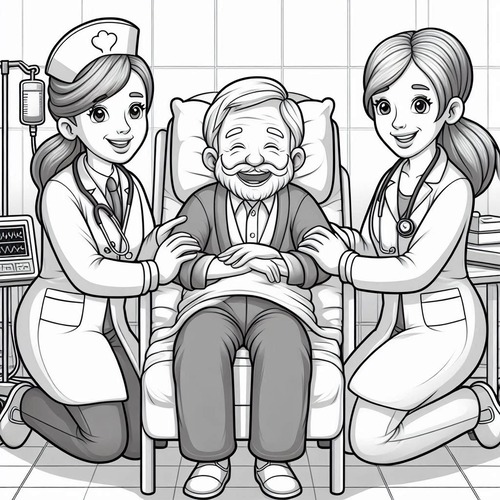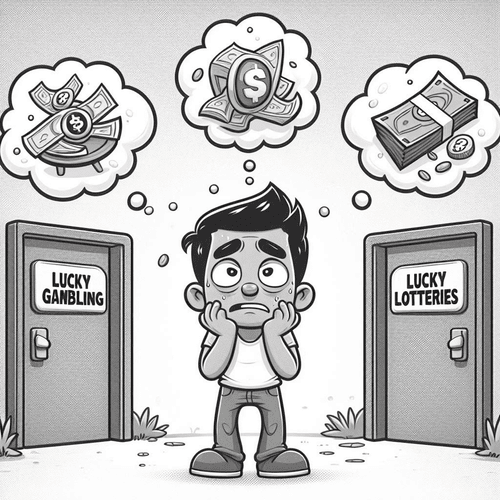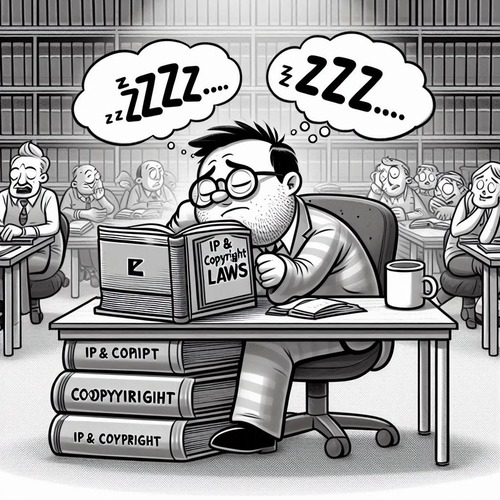Can I Be Pro-Life But Not Religious? 7 Scientific Arguments
Here’s a question we hear asked often: what are the best pro-life arguments that don’t need Bible verses to support them. It’s an excellent question, as many assume pro-life positions are exclusively rooted in religious beliefs. However, there are numerous compelling secular arguments grounded in science, ethics, and human rights philosophy. Here are seven of the strongest non-religious pro-life arguments:
- Biological Humanity from Conception
Modern embryology confirms unique human life begins at fertilisation. At conception, a zygote forms with complete and distinct human DNA—different from both parents. This new organism:
- Has 46 human chromosomes (the full human genetic complement)
- Is genetically distinct from the mother
- Develops according to its own genetic blueprint
- Is a complete organism that will develop through all human life stages if given time and nutrition
Developmental biologist Scott Gilbert notes, “The scientific evidence is quite clear that human development begins at fertilisation.” This isn’t a religious claim but a biological fact acknowledged in embryology textbooks.
- The Continuum of Human Development
There is no scientifically defensible point after conception where a non-entity suddenly becomes human. Development occurs along a continuum:
- Day 1: Fertilisation creates a unique human zygote
- Week 3: The heart begins beating
- Week 6-7: Measurable brain activity begins
- Week 8: All major organs are forming
- Week 10: Unique fingerprints develop
Any dividing line for when “humanity begins” after conception is arbitrary rather than scientific. If human rights are based on human status, those rights logically begin when human life begins.
- Foetal Pain Perception and Consciousness
Recent scientific research suggests foetuses experience pain much earlier than previously thought:
- By 20 weeks (and possibly earlier), foetuses have developed neural pathways capable of pain transmission
- Foetuses respond to painful stimuli by withdrawing and showing stress hormonal responses
- A 2020 review in the Journal of Medical Ethics suggested “the cortex is not necessary for pain experience” and that “neuro-scientific evidence supports the possibility of foetal pain experience from 12 weeks”
Even if consciousness differs from adult forms, the capacity for suffering raises serious ethical questions about abortion procedures.
- Consistency in Human Rights
Human rights are predicated on the equal moral worth of all human beings, not on capabilities or development. Remember:
- We don’t deny rights to human beings in coma or with severe cognitive disabilities
- We protect those who cannot speak for themselves
- We recognise the humanity of the extremely dependent
If human rights are truly universal, they cannot logically be dependent on size, level of development, environment, or degree of dependency—the only factors distinguishing foetuses from the rest of us.
- The “Future Like Ours” Argument
Philosopher Don Marquis developed this compelling ethical framework: what makes killing wrong is that it deprives someone of their future experiences and achievements. The foetus, if not aborted, has:
- A future filled with experiences, relationships, and achievements
- The same valuable future that makes killing anyone wrong
- A “future like ours” that deserves protection
This argument doesn’t depend on religion but on the same ethical principle that makes killing anyone morally wrong.
- Psychological Impact of Abortion
Research indicates many women experience significant psychological distress and troubled conscience following abortion:
- A 2011 British Journal of Psychiatry meta-analysis found women who had abortions had an 81% increased risk of mental health problems
- Post-abortion trauma symptoms can include denial, depression, anxiety, substance abuse, and relationship difficulties
- This psychological impact suggests an innate moral recognition of the significance of abortion decisions
While individual responses vary considerably, the existence of post-abortion trauma suggests an intuitive moral understanding that transcends religious and national boundaries.
- Medical Professionals’ Recognition of Two Patients
Modern obstetrical and foetal medicine treats the pregnant woman and foetus as two distinct patients:
- Foetal surgeries are performed to correct conditions like spina bifida
- Medications are prescribed specifically for foetal benefit
- Separate medical specialties (maternal-foetal medicine) exist to care for unborn patients
- Medical textbooks describe the physician’s duty to “two patients”
This medical recognition aligns with the pro-life position that the unborn deserve protection and consideration as distinct human beings.
CONCLUSION: PRO-LIFE BUT NOT RELIGIOUS
These arguments demonstrate pro-life positions can be strongly supported without appealing to religious doctrine. The scientific evidence for human life beginning at conception, combined with consistent application of human rights principles and ethical reasoning about the value of human life, provides a compelling secular case for protecting unborn human lives.
If you find yourself convinced by these scientific and philosophical arguments, perhaps consider your moral intuition may be guiding you toward deeper truths. Why not go the whole way and give Jesus a try, with an open mind? The same Creator who designed the miracle of human development may have more wisdom to share with you.
PRO-LIFE BUT NOT RELIGIOUS—RELATED FAQs
Why do many women report feelings of guilt or regret after abortion, regardless of their religious beliefs? The phenomenon of post-abortion guilt across cultures and belief systems suggests a deeper moral intuition about human life. Studies have documented what researchers call “troubled conscience” following abortion in women from diverse backgrounds, including those with no religious affiliation. This near-universal emotional response points to an innate recognition of the moral weight of abortion decisions that transcends cultural and religious boundaries. While individual experiences vary significantly, this cross-cultural pattern of moral distress indicates something beyond socially constructed guilt.
- How do embryonic development milestones challenge traditional pro-choice arguments? Modern embryology reveals remarkably early development of recognisably human characteristics that challenge common misconceptions. By 6 weeks, the embryonic heart is beating; by 8 weeks, all major organs are forming; and by 10 weeks, the foetus has unique fingerprints—all occurring before most women have their first prenatal appointment. These biological realities fundamentally challenge the “clump of cells” narrative often used to minimise the humanity of early pregnancy. Scientific advances in embryology have progressively moved earlier our understanding of when distinctly human development is evident.
- How do advances in neonatal medicine affect the viability argument for abortion? Medical advances continue to push back the age of viability, with some premature infants now surviving at 21-22 weeks gestation. This evolving medical frontier creates a logical problem for viability-based abortion arguments, as “personhood” would seemingly change based on available medical technology rather than the intrinsic nature of the foetus. The arbitrary nature of viability as a moral dividing line becomes evident when considering a 24-week foetus would be considered a “person” in a major medical centre but not in regions with limited neonatal intensive care. This technological dependence of moral status raises serious philosophical questions about grounding human rights in developmental capabilities rather than inherent humanity.
Do twins and other multiple pregnancies present unique philosophical challenges to certain pro-choice arguments? Twin and multiple pregnancies create interesting philosophical problems for bodily autonomy arguments. When a woman is pregnant with twins, the “my body, my choice” framework becomes complicated, as identical twins originate from the same embryo yet are undeniably two distinct human beings. The presence of two distinct humans developing simultaneously challenges the framing of pregnancy as simply an extension of the mother’s body. This biological reality demonstrates how pregnancy inherently involves more than one body, with distinct genetic individuals developing within the shared maternal environment.
- How do embryo adoption and IVF ethics relate to the abortion debate? The growing practice of embryo adoption (adopting frozen embryos from IVF procedures) demonstrates how many people intuitively recognise the humanity of embryonic life. Families who adopt embryos frequently refer to “rescuing” these lives, acknowledging their human status despite their early stage of development. The complex ethical discussions surrounding leftover IVF embryos—with options including indefinite freezing, destruction, research use, or adoption—reveal societal uncertainty about their moral status. This tension in how we treat embryos in reproductive technology contexts versus abortion contexts exposes inconsistencies in how we value early human life.
- What philosophical problems arise when personhood is defined by cognitive capabilities rather than human biology? Defining personhood based on consciousness, self-awareness, or other cognitive capabilities creates troubling implications for human rights beyond the abortion debate. Such definitions potentially exclude newborns, people with severe cognitive disabilities, those in temporary comas, and those with late-stage dementia from full moral consideration as “persons.” Capability-based definitions of personhood have historically been used to justify discrimination against various vulnerable populations. A biological definition of humanity—beginning at conception with the formation of a distinct human organism—avoids these philosophical traps by grounding human rights in objective scientific criteria rather than subjective evaluations of cognitive capability.
How do some feminist perspectives challenge pro-choice frameworks? A growing “feminist case against abortion” argues that abortion availability has enabled male sexual irresponsibility and workplace discrimination against pregnant women. Proponents of this view, like the organisation Feminists for Life, contend abortion treats pregnancy as a pathology rather than embracing women’s unique biological capabilities. These feminists argue truly woman-affirming societies would provide comprehensive support for pregnant women and mothers rather than abortion as a “solution” to the challenges of unplanned pregnancy. This perspective challenges the notion that abortion access is necessarily pro-woman, suggesting instead that it can reinforce structures that devalue women’s reproductive capabilities in educational and professional contexts.
PRO-LIFE BUT NOT RELIGIOUS—OUR RELATED POSTS
Editor's Pick

Ephesians 1:13: Was the Spirit’s Indwelling Promised of Old?
When Paul declares believers are “sealed with the promised Holy Spirit” in Ephesians 1:13, one word jumps off the page: [...]

Monergism vs Synergism: Is Salvation God’s Work Alone?
When God saves us, does He do it alone, or does He need our help? The question isn’t mere theological [...]

Was Jesus Abandoned by the Father on the Cross?
WHY WE ANSWER IN THE NEGATIVE “My God, my God, why have you forsaken me?” These words from the cross [...]

Why Do Some Respond to God’s Call While Others Don’t?
THE REFORMED VIEW ON OUTWARD AND INWARD CALLS EXPLAINED Picture this: Two neighbours attend the same church service. They hear [...]

Does Ocean Salt Content Prove a Young Earth?
A COMPELLING LOOK AT MARINE CHEMISTRY AND EARTH’S TIMELINE The Salt Question That Challenges Deep Time: If Earth’s oceans have [...]
Noah’s Flood: Where Did All the Water Come From? And Go?
The question hits every Bible-believing Christian at some point: “If Noah’s flood covered the whole earth, where did all that [...]

No Marriage in Heaven? What Does Mark 12:25 Mean?
“Will I see my spouse in heaven? Will we still be married?” These questions pierce the heart of every Christian [...]

The Terror of Meeting God: What Isaiah 6 Reveals About Divine Holiness
WHEN ‘WOE IS ME’ IS THE ONLY PROPER RESPONSE TO A GLIMPSE OF GOD Picture this: You’re a prophet of [...]

Is the Holy Spirit Present in Unbelievers? The Biblical Answer
Can someone who doesn’t believe in Jesus Christ have the Holy Spirit living inside them? This question strikes at the [...]

The Gap Theory Exposed: Why Embrace a Young Earth?
The Gap Theory proposes there’s a vast time gap—millions or billions of years—between Genesis 1:1 (“In the beginning God created [...]
SUPPORT US:
Feel the Holy Spirit's gentle nudge to partner with us?
Donate Online:
Account Name: TRUTHS TO DIE FOR FOUNDATION
Account Number: 10243565459
Bank IFSC: IDFB0043391
Bank Name: IDFC FIRST BANK







